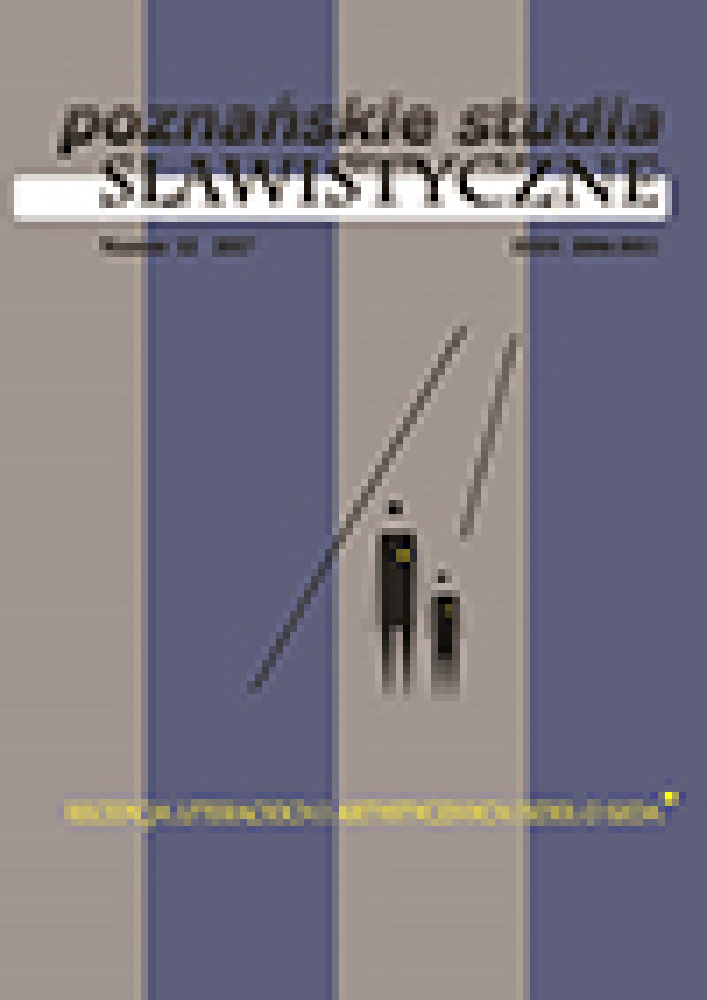Abstrakt
The essay is an overview of the most notable psychoanalytic approaches to the trauma of the Holocaust, in the works of the Frankfurt school authors, and in the works of Shoshana Felman and Dori Laub. The last part of the article represents an attempt to interpret the film Ninth Circle by France Štiglic, and in this respect the article reviews and applies the concepts of Viktor Frankl’s school of logotherapy, while it also relies on Frankl’s autobiographical account of the Holocaust trauma.Bibliografia
Adorno T.W., 1991, Freudian Theory and the Pattern of Fascist Propaganda, u: The Culture Industry: Selected Essays on Mass Culture, prir. J.M. Bernstein, London.
Adorno T.W., Horkheimer M., 1995, Dialectic of Enlightenment, London.
Arendt H., 2002, Eichmann u Jeruzalemu, prev. M. Paić Jurinić, Zagreb. Caruth C., 1996, Unclaimed Experience: Trauma, Narrative, and History, Baltimore.
Felman S., Laub D., 1992, Testimony: Crises of Witnessing in Literature, Psychoanalysis, and History, New York–London.
Frankl V., 1981, Nečujan vapaj za smislom, Zagreb.
Frankl V., 1989, Doživljaji jednog psihologa u koncentracijskom logoru, u: Zašto se niste ubili?: Uvod u logoterapiju, Zagreb.
Jay M., 1996, Dijalektička imaginacija, Zagreb.
Malabou C., 2007, Les nouveaux blessés, Paris.
Matijašević Ž., 2011, Uvod u psihoanalizu: Edip, Hamlet, Jekyll/Hyde, Zagreb.
Matijašević Ž., 2016, Stoljeće krhkog sebstva: psihoanaliza, družstvo, kultura, Zagreb.
Reich W., 1981, Masovna psihologija fašizma, Beograd.
Sontag S., 1978, Illness as Metaphor, New York.
Wendell S., 1996, The Rejected Body, New York.
Licencja
Prawa autorskie (c) 2017 Željka Matijašević

Utwór dostępny jest na licencji Creative Commons Uznanie autorstwa – Bez utworów zależnych 4.0 Międzynarodowe.
